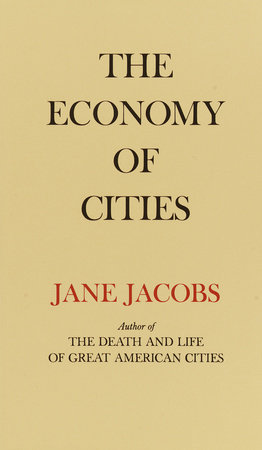bigpicture7
Senior Member
- Joined
- May 5, 2016
- Messages
- 3,909
- Reaction score
- 9,562
Was glad to see this take in the Globe this morning.
I have been saying for a while that residential is not the only adaptive reuse of office space. When it comes to physical products, the creative, design + prototyping, and light-mfg/fabrication opportunities are activities push out of city cores a long time ago, yet ideally there'd be a home for such there. I think, for some areas, the safety/EHS considerations might make office buildings challenging, but that may only be a small subset of possible uses (and/or the mitigations might still be easier than residential conversion). Either way, I think this deserves a bigger place in the conversation:

 www.bostonglobe.com
www.bostonglobe.com

 www.bostonglobe.com
www.bostonglobe.com
I have been saying for a while that residential is not the only adaptive reuse of office space. When it comes to physical products, the creative, design + prototyping, and light-mfg/fabrication opportunities are activities push out of city cores a long time ago, yet ideally there'd be a home for such there. I think, for some areas, the safety/EHS considerations might make office buildings challenging, but that may only be a small subset of possible uses (and/or the mitigations might still be easier than residential conversion). Either way, I think this deserves a bigger place in the conversation:

Turn empty offices into little factories - The Boston Globe
Let’s build stuff closer to where the people are — and future-proof our environment and economy in the process.

Downtown needs an infusion of artists - The Boston Globe
Affordable art studios and live-work spaces are great ways to rejuvenate neighborhoods.






